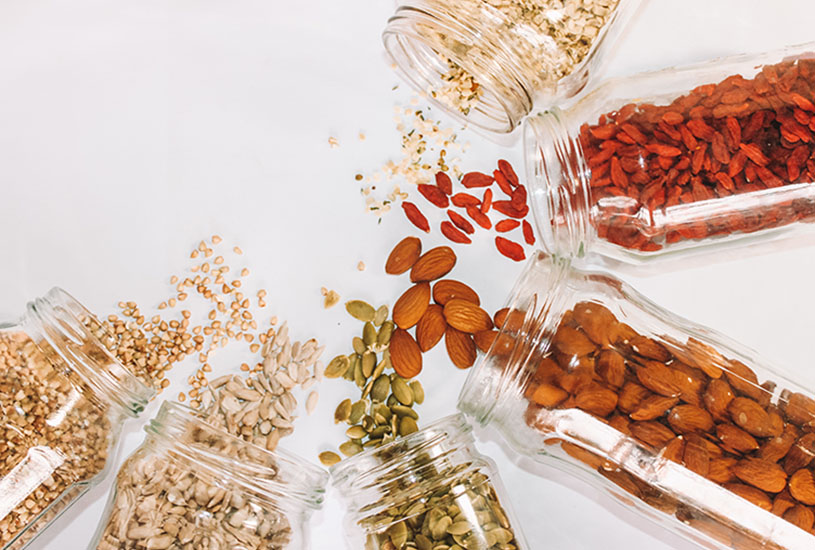A team of researchers has discovered that infants who will develop food allergies have altered immunity at birth. The finding may have important implications for the prevention food allergies.
Led by Deakin University’s Associate Professor Peter Vuillermin, in collaboration with Dr Yuxia Zhang and Professor Len Harrison from the Walter and Eliza Hall Institute, used umbilical cord blood samples from the Barwon Infants Study, following over 1000 mothers during pregnancy and their infants from birth to look at the environmental and genetic factors that influence immunity and allergy.
The study has been published in Science Translational Medicine, with wide media coverage, including The Conversation and ABC Science.
Associate Professor Vuillermin said that there had been a three-fold increase in hospital presentations caused by food allergies in Australia over recent decades; and the basis of this increase was unknown.
“One in every ten babies born in Melbourne now develops a food allergy in their first year of life,” he said.
“Other immune-related diseases have also increased, including allergies such as eczema and asthma, Type 1 diabetes, multiple sclerosis and inflammatory bowel disease.”
The research team included experts from Deakin, Barwon Health, the Walter and Eliza Hall Institute and the Murdoch Children’s Research Institute.
The team found that children born with overly active immune cells called monocytes are more likely to develop allergies to milk, eggs, peanuts, wheat and other common foods. It is not known whether the immune cells become overactive before or during birth.
The finding could lead to future treatments for babies to prevent childhood food allergies.
“A range of lifestyle and environmental factors (diet, nutrition, vitamins, exposure to infection, antibiotics and so on) that may modify immune development during gestation are under scrutiny. Our team are particularly interested in the potential role of the mother’s microbiome, the collection of bacteria and other microorganisms we all carry.”
Read more:



